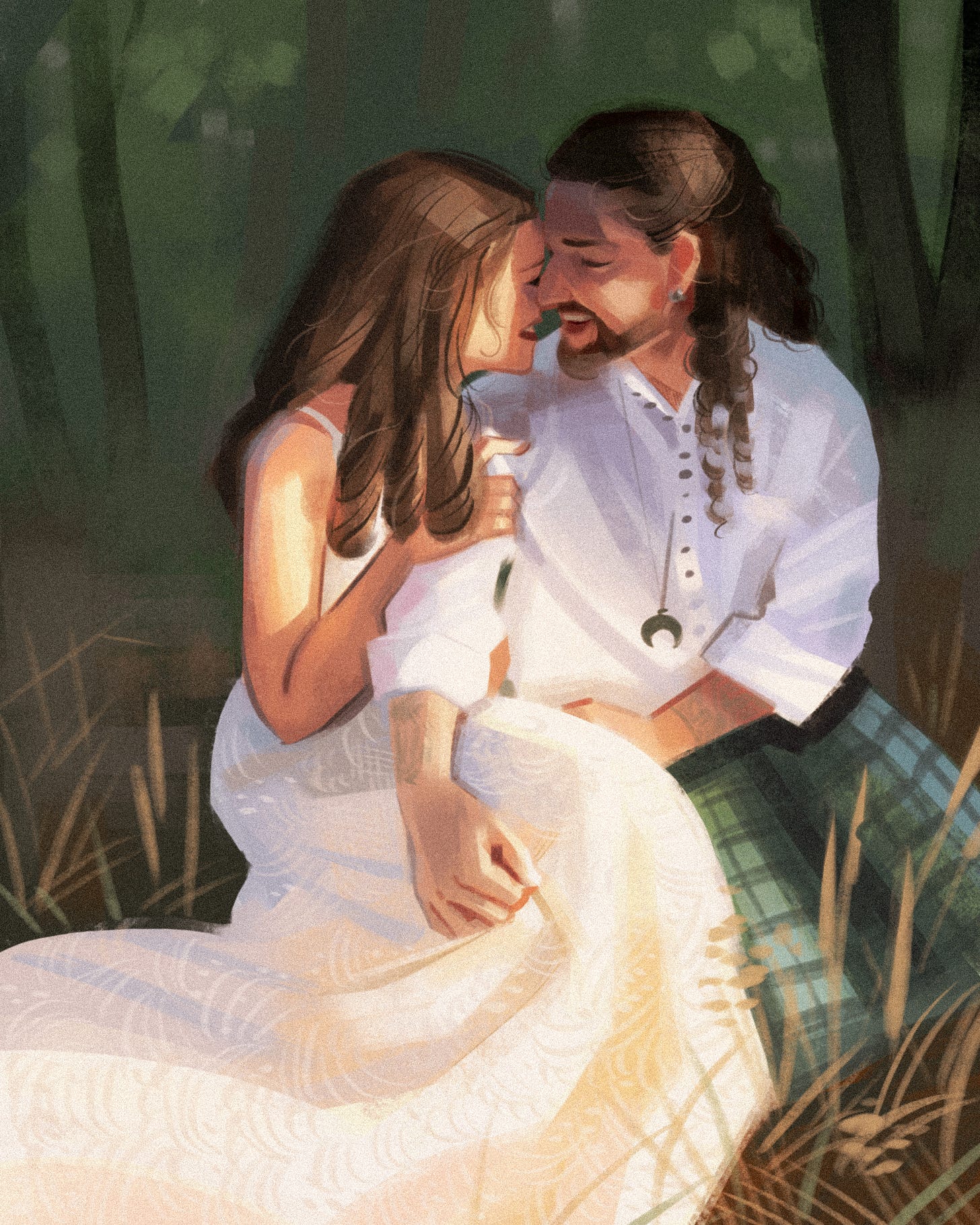I wish we could be that couple that is able to move forward with cancer in the rear view mirror forever. I just read the memoir When Breath Becomes Air and one of the things neurosurgeon Paul Kalanithi wrote was, “There’s cancer and then there’s CANCER.” A very good friend of mine recommended this book to me, but wisly not until after we were through the first (and second) rounds of aggressive treatments. I would have been too raw and terrified to read Paul’s memoir, which was published posthumously by his wife. And especially not until Joe’s newest doc said to us: Most people wouldn’t have survived what you’ve been through. It’s true. Paul was one who didn’t. Unlike Joe, he was unable to tolerate a second round of aggressive treatment. And crazily, he was nearly twenty years younger. Cancer is fucker, man.

Many, many people who are diagnosed are treated and can move on, that is one assurance countless patients and their families can cling to. Medicine has come so far, and continues to improve, which is probably another factor in Joe’s stable health right now. But we will continue on the journey with treatments and scans, so we are more in what Paul called the CANCER camp. That’s not to minimize the fear or suffering of others, it’s only to say there are so many variations of the disease and like most diseases some are simply more serious than others.
One of the things I write about in my memoir is how I spent a lot of my younger life with a foot in one camp and the other somewhere else entirely—usually a fantasy. Most of the time this was an unhealthy arrangement—in my first marriage, in many jobs, in many relationships—I was always waiting for the other shoe and preparing for a way out. I made commitments I didn’t whole-heartedly want because I was afraid of hurting someone else or making the wrong decision. I also didn’t trust myself enough to accept that what I wanted or didn’t want was sometimes enough of a reason to make a more solid choice. That all ended when I got divorced, reclaimed my life, and married Joe.
But I found myself in the last year and a half with my feet in two different places once more—one a world where Joe survives, and one where he doesn’t. It wasn’t until I wrote the memoir (reflection is so powerful) and realized this time it was healthy. Some friends and family tried to force this way of thinking out of me—not intentionally. They meant well, they mean well, but for me I had to go through it with both possibilities in mind in an attempt to be okay with both results. I knew that wasn’t true—I would not be okay—but embracing both is embracing the truth of life: death is inevitable. That’s something I had never examined because I have never had to until now.
Joe called it “Schrodinger’s Joe” after he read my words, and that was exactly it. It’s what Paul wrote about also, and what his wife, Lucy, talks about in a podcast years later. It doesn’t necessarily ease grief to examine and embrace both possibilities, but it can allow you to keep moving forward into a future you didn’t ask for. It also forces you to look at your time—as patient or partner—with more meaning because it’s limited, and you’re facing that fact head on instead of running away from it. Accepting it, and instead of trying to pray it away and avoid the truth of death, we can actually live more meaningful lives. Paul and Lucy agreed his life should only be extended while he still found meaning in it. Eventually, he knew his dying mind would no longer be able to do, so and he didn’t want machines and massive doses of medication to simply keep his body here. That feels like the right way to live in any circumstance.
I believe this wholeheartedly now. I believe by having one foot in life and one foot in death, I have my whole body and mind grounded in truth for the first time. It’s not fun and it’s not easy, but it forces me to look at all of it—everything all at once—and I don’t know if it’s because I’m a writer, or just because I’m me, but I appreciate that massive, sometimes beautiful, sometimes dark challenge. Although, I do wish I had come to it without these circumstances.
I don’t need explanations for why things happen, but I must find meaning in them at some point. It doesn’t make me any less joyful or grateful or hopeful to accept this, which is what I think so many people fear will happen if they allow both possibilities into their thinking. It’s as if some people think if they don’t stay completely positive and prayerful and hoping for only the best the entire time, then the worst will surely happen. Well, I hate to say it so plainly, especially considering our lives, but the worst is going to happen no matter what. It will to every single one of us.
I’d rather spend every day finding meaning—or attempting to—than avoiding it. I’m not always great at it. And sometimes I realize I’m so involved in my day and our little routine that I forget Cancer is here, too. Then I remember, and it’s sort of like waking up from a dream you never wanted to leave. But that’s better than pretending it doesn’t exist because it means I’m wrapped up in enjoying our days, the life that we love, and, dammit, cancer doesn’t get a front seat all the time.
We’re still here. And so we live.




Love these wise and well-written words. Thank you for writing them!